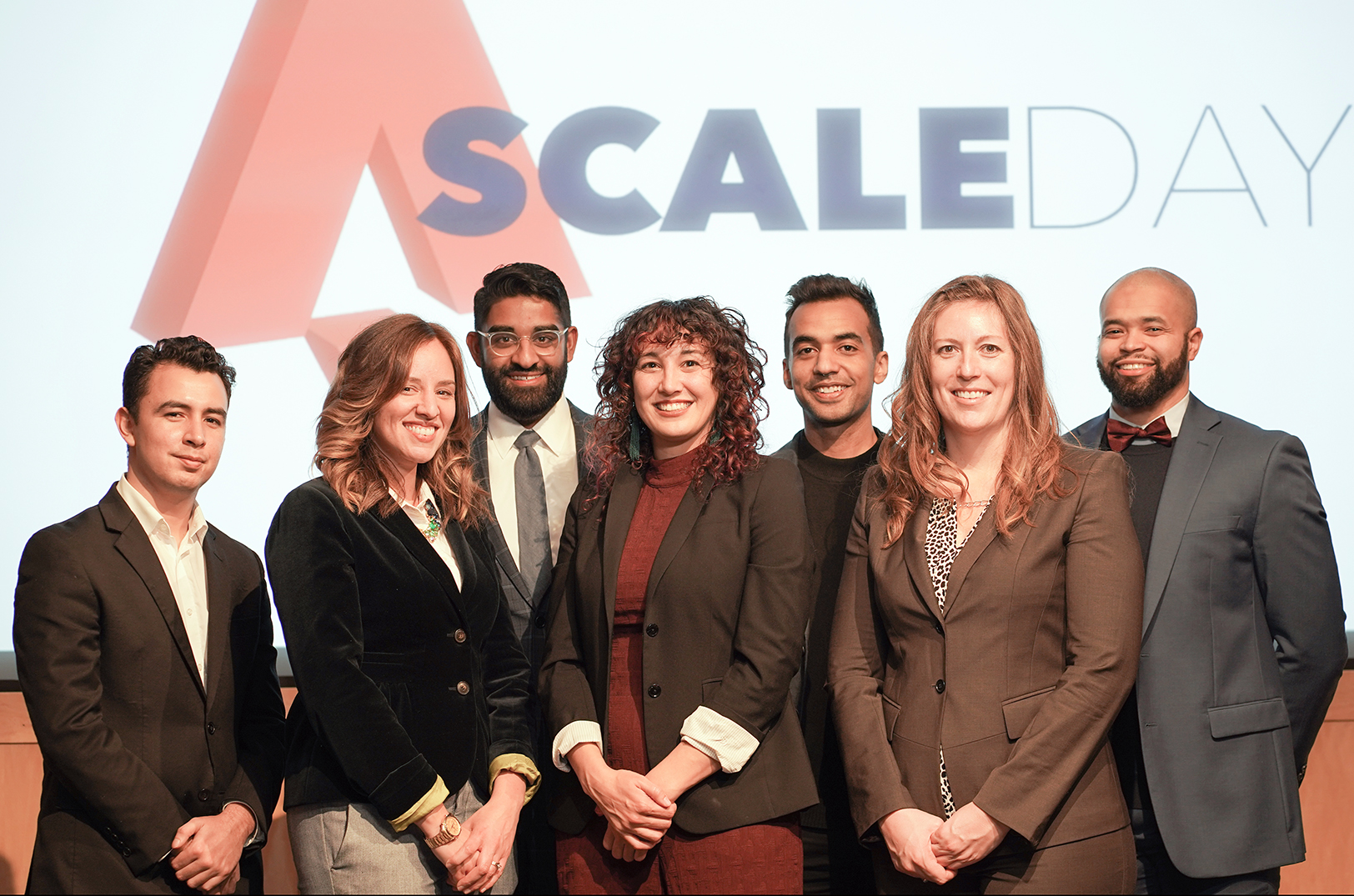Editor’s note: The following is part of Startland News’ ongoing coverage of the impact of Coronavirus (COVID-19) on Kansas City’s entrepreneur community, as well as how innovation is helping to drive a new normal in the ecosystem. Click here to follow related stories as they develop.
Kansas City’s digital divide will soon be narrower thanks to a LEANLAB Education effort that already has secured $467,360 in funding to help 17 local charter schools purchase technology and WiFi hotspots for students who might be at risk.
To date, the charter schools have used the funding from education nonprofit SchoolSmartKC to purchase 592 laptops or tablets and 719 internet hotspots for students impacted by the sprawling city’s disparity of access — made more clear amid COVID-19 precautions that shut down schools, LEANLAB said Friday in a press release.
Click here to learn more about LEANLAB’s emergency response effort to raise funds for technology in the era of COVID-19 Stay at Home orders.
A study by LEANLAB in mid-March quickly determined Kansas City’s digital divide — meaning a lack of equity across geographic and demographic boundaries — would effectively limit teachers’ abilities to extend distance learning activities fairly, as well as conduct welfare check-ins with all families, said Katie Boody, founder and CEO of LEANLAB Education.
“We surveyed our school community and confirmed that 19 percent of charter school students’ homes are without access to the internet, and 24 percent without computers or tablets,” she said.
The LEANLAB survey revealed more than 2,500 students without devices and 12,757 students without internet connectivity across a total of 22 school districts, including the 17 charter schools, according to the nonprofit. In addition to food distribution and providing social emotional support for students, families indicated device and connectivity disparities are a critical need as schools shifted to virtual learning.
“The digital divide may not seem as deep when you have schools reporting between 10 to 30 percent of their students without connectivity, but when you combine all that data, the magnitude of the problem becomes very apparent,” Boody said.
The $467,360 from SchoolSmartKC is part of a larger, $2.1 million education relief effort coordinated by organization to help students transition to virtual, distance learning.
“It has always been our mission to be a partner to our public schools serving our most vulnerable student populations,” said Awais Sufi, CEO of SchoolSmartKC. “The current crisis has elevated the risk to these students and SchoolSmartKC is pleased to work with schools, and other organizations supporting students and families, to quickly address the most critical needs.”
Until those hotspots can be distributed, some families will have to get creative, said Stephanie Campbell, vice president of operations and communications for LEANLAB.
“There’s still a great need for devices and connectivity, but this early success marks a significant milestone in the effort to get students online and keep them from falling behind their connected peers who made a more seamless transition to remote learning,” she said.
Schools receiving SchoolSmartKC funding to secure hot spots and devices include:
- Academie Lafayette
- Academy for Integrated Arts
- Citizens of the World – KC
- Crossroads Charter Schools
- DeLaSalle Education Center
- Frontier Charter Schools
- Genesis
- Gordon Parks
- Guadalupe Education Services
- Hogan Preparatory Academy
- Hope Leadership Academy
- Ewing Marion Kauffman School
- Kansas City Girls Preparatory Academy
- Kansas City International Academy
- KIPP KC
- Lee A. Tolbert Academy
- Scuola Vita Nuova
LEANLAB is now entering the second phase of its COVID-19 initiative, working to ensure that immediate efforts translate to long-term change, Campbell said.
The organization plans to resume its original mission-driven work later this year, researching the impact of emerging technologies in real classroom environments — in search of “breakthrough”innovations in the education field.
Click here to learn more about LEANLAB Education.
This story is possible thanks to support from the Ewing Marion Kauffman Foundation, a private, nonpartisan foundation that works together with communities in education and entrepreneurship to create uncommon solutions and empower people to shape their futures and be successful.
For more information, visit www.kauffman.org and connect at www.twitter.com/kauffmanfdn and www.facebook.com/kauffmanfdn







































